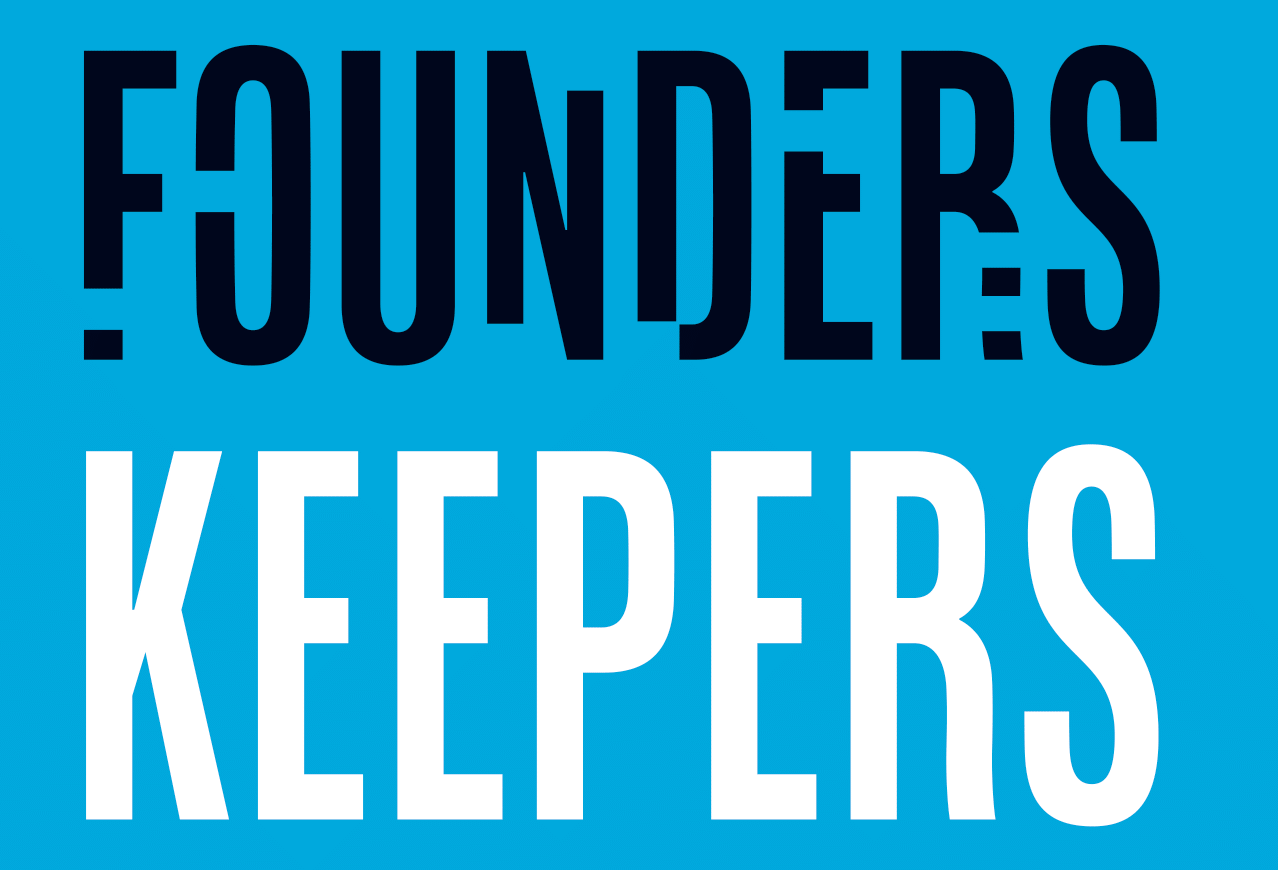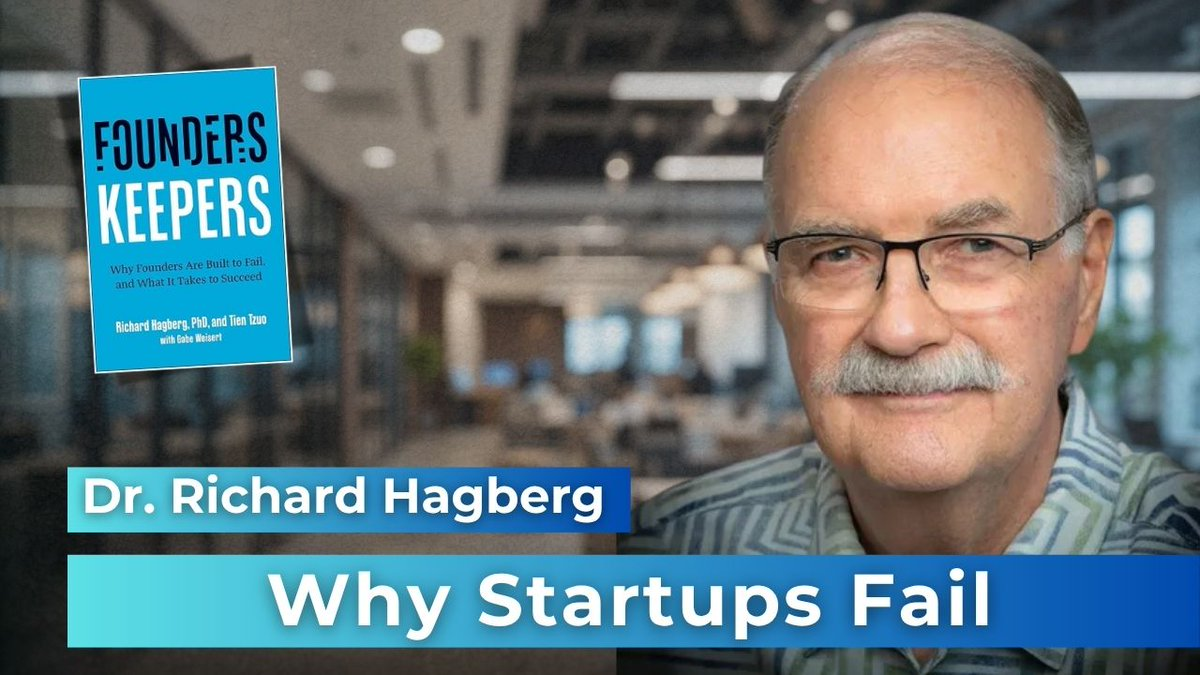Article
Enhancing Communication Skills in Startup Founders through Leadership Coaching
May 22, 2024
Unlocking Leadership Potential: How Coaching Enhances Communication Skills for Startup Founders

Effective communication is a cornerstone of successful leadership, particularly for startup founders who must navigate the complexities of scaling their ventures. Leadership coaching plays a pivotal role in developing these essential communication skills, enabling founders to articulate their vision, build strong teams, and foster a culture of collaboration. This blog explores how leadership coaching can improve the communication skills of startup founders, drawing insights from industry experts and empirical research.
The Importance of Communication in Leadership Startup founders often excel in visionary thinking but may struggle with the nuances of effective communication. The ability to convey ideas clearly, listen actively, and engage in meaningful dialogue with stakeholders is critical for several reasons:
Key Communication Skills for Founders Leadership coaching helps founders develop several key communication skills:
The Role of Leadership Coaching Leadership coaching provides a structured and supportive environment for founders to develop these communication skills. Here are some ways in which coaching can enhance communication:
Effective communication is vital for the success of any startup, and leadership coaching offers a powerful avenue for founders to develop these skills. By focusing on active listening, clarity, emotional intelligence, and constructive feedback, coaches help founders become more effective leaders. The result is not just better communication, but stronger teams, improved morale, and a more cohesive organizational culture.
The Importance of Communication in Leadership Startup founders often excel in visionary thinking but may struggle with the nuances of effective communication. The ability to convey ideas clearly, listen actively, and engage in meaningful dialogue with stakeholders is critical for several reasons:
- Articulating Vision and Goals: Founders need to inspire their teams with a clear and compelling vision. Effective communication ensures that everyone understands the company's direction and their role in achieving it
- Building and Leading Teams: Good communication fosters trust, collaboration, and a sense of shared purpose among team members. It is essential for resolving conflicts, building relationships, and creating a positive work environment
- Navigating Change and Growth: As startups scale, clear communication helps manage the complexities of growth, ensuring that all team members are aligned and working towards common objectives.
Key Communication Skills for Founders Leadership coaching helps founders develop several key communication skills:
- Active Listening:
Active listening involves fully concentrating, understanding, responding, and remembering what is being said. For founders, this means engaging with team members, investors, and customers to understand their perspectives and concerns. Active listening fosters a culture of respect and inclusion, encouraging more open and honest communication.
- Clarity and Conciseness:
Founders must be able to convey their ideas clearly and concisely. This involves being precise in their language, avoiding jargon, and ensuring their messages are easily understood. Clarity reduces misunderstandings and ensures that everyone is on the same page.
- Emotional Intelligence:
Emotional intelligence (EQ) is the ability to recognize, understand, and manage one's own emotions and the emotions of others. High EQ enables founders to communicate more effectively, build stronger relationships, and handle stress and conflict more adeptly.
- Feedback and Constructive Criticism: Providing and receiving feedback is crucial for personal and team development. Founders need to learn how to give constructive criticism that is specific, actionable, and delivered with empathy. Equally important is the ability to receive feedback without becoming defensive, using it as a tool for growth and improvement.
The Role of Leadership Coaching Leadership coaching provides a structured and supportive environment for founders to develop these communication skills. Here are some ways in which coaching can enhance communication:
- Personalized Feedback: Coaches provide founders with personalized feedback on their communication styles and effectiveness. This feedback is often based on 360-degree assessments and real-world observations, helping founders identify specific areas for improvement.
- Role-Playing and Simulations: Through role-playing and simulations, coaches can help founders practice and refine their communication skills. These exercises mimic real-life scenarios, allowing founders to develop strategies for different communication challenges they might face.
- Building Self-Awareness: Coaching helps founders become more self-aware, recognizing how their communication style impacts others. This awareness is the first step in making positive changes and becoming a more effective communicator .
- Developing Emotional Intelligence: Coaches work with founders to enhance their emotional intelligence, providing tools and techniques to manage emotions and build stronger interpersonal relationships. High EQ is particularly important in high-stress startup environments where clear and empathetic communication is essential.
Effective communication is vital for the success of any startup, and leadership coaching offers a powerful avenue for founders to develop these skills. By focusing on active listening, clarity, emotional intelligence, and constructive feedback, coaches help founders become more effective leaders. The result is not just better communication, but stronger teams, improved morale, and a more cohesive organizational culture.
Discover the transformative power of Dr. Rich Hagberg's leadership coaching, rooted in data-driven analysis. With decades of experience, Dr. Hagberg excels in enhancing self-awareness, balancing strengths and weaknesses, and fostering effective decision-making. His tailored approach helps founders build strong teams and navigate growth challenges seamlessly. Ready to elevate your leadership skills and drive your startup to success?
Learn more about Dr. Rich Hagberg's coaching services or contact him today to start your journey.
Learn more about Dr. Rich Hagberg's coaching services or contact him today to start your journey.
share this
Related Articles
Related Articles

The Leadership Tightrope If you lead long enough, you start to realize something uncomfortable: everything that makes you effective also threatens to undo you. Your drive becomes impatience. Your confidence becomes stubbornness. Your empathy turns into guilt. The longer you lead, the more you realize that the job isn’t about choosing one trait over another — it’s about learning to carry both. That’s what maturity looks like in leadership. It’s not balance. It’s tension well managed. The False Comfort of Either/Or Most leaders crave clarity. We want rules. Playbooks. Certainty. Should I be tough or kind? Decisive or collaborative? Visionary or practical? The insecure part of the brain hates contradiction. It wants the “right answer.” But leadership lives in the messy middle — the place where both truths exist, and neither feels comfortable. The best leaders aren’t either/or thinkers. They’re both/and navigators. A Story from the Field I once coached a CEO who told me, “I’m torn between holding people accountable and being empathetic.” I said, “Why do you think those are opposites?” He paused, then laughed. “Because it’s easier that way.” Exactly. It’s easier to pick a lane than to learn how to drive in two at once. He eventually realized the real question wasn’t which side to choose, but when and how to lean into each. He became known as “the fairest tough boss in the building.” That’s the magic of integration — toughness with tenderness, vision with realism, clarity with compassion. Why Paradox Feels So Hard Contradictions feel like hypocrisy when you haven’t made peace with your own complexity. If you believe you have to be one consistent version of yourself — confident, decisive, inspiring — then every moment of doubt feels like fraud. But the truth is, great leaders are contradictory because humans are contradictory. You can be grounded and ambitious, humble and proud, certain and still learning. The work is not to eliminate the tension — it’s to get comfortable feeling it. The Psychology Behind It Our brains love binaries because they make the world simple. But complexity — holding opposites — is the mark of advanced thinking. Psychologists call this integrative complexity — the ability to see multiple perspectives and blend them into a coherent approach. It’s not compromise; it’s synthesis. It’s saying, “Both are true, and I can move between them without losing my integrity.” That’s where wisdom lives — in the movement, not the answer. Funny But True A client once told me, “I feel like half monk, half gladiator.” I said, “Congratulations. That means you’re leading.” Because that’s what the job demands: peace and fight, compassion and steel. If you can’t hold both, you end up overusing one until it breaks you. The Cost of One-Dimensional Leadership We’ve all worked for the “results-only” leader — brilliant, efficient, and emotionally tone-deaf. And the “people-first” leader — kind, loyal, and allergic to accountability. Both are exhausting. Both create lopsided cultures. When leaders pick a single identity — visionary, disciplinarian, nurturer, driver — they lose range. They become caricatures of their strengths. True greatness comes from emotional range, not purity. The Paradox Mindset Here’s how integrative leaders think differently: They value principles over preferences. They can be decisive without being defensive. They know empathy isn’t weakness and toughness isn’t cruelty. They trade perfection for adaptability. They’re the ones who can zoom in and out — from the numbers to the people, from the details to the meaning — without losing coherence. They’re not consistent in behavior. They’re consistent in values. That’s the difference. How to Practice Both/And Thinking Spot your overused strength. The strength that’s hurting you most is the one you lean on too much. If you’re decisive, try listening longer. If you’re compassionate, try being direct faster. Ask, “What’s the opposite quality trying to teach me?” Impatience teaches urgency; patience teaches perspective. You need both. Invite your opposite. Bring someone onto your team who balances your extremes — not a mirror, a counterweight. Hold paradox out loud. Tell your team, “This decision has tension in it — and that’s okay.” Modeling that normalizes complexity for everyone else. A Moment of Self-Honesty I’ve spent decades watching leaders chase “clarity” like it’s peace. But peace doesn’t come from eliminating tension. It comes from trusting yourself inside it. Once you accept that leadership will always feel contradictory, you stop fighting it — and start flowing with it. You don’t need to be the calmest, toughest, or most visionary person in the room. You just need to be the one who can stay whole while the world pulls you in opposite directions. Your Challenge This Week When you catch yourself thinking, “Should I be X or Y?” — stop. Ask instead, “How can I be both?” Then practice it in one small moment. Be kind and firm. Bold and humble. Fast and thoughtful. That’s where growth hides — in the discomfort between two truths. Final Word The best leaders aren’t balanced. They’re integrated. They’ve stopped trying to erase their contradictions and started using them as fuel. They’ve learned that leadership isn’t about certainty. It’s about capacity — the capacity to hold complexity without losing your center. That’s not chaos. That’s mastery
STAY UP TO DATE
GET PATH'S LATEST
Receive bi-weekly updates from the church, and get a heads up on upcoming events.
Contact Us










